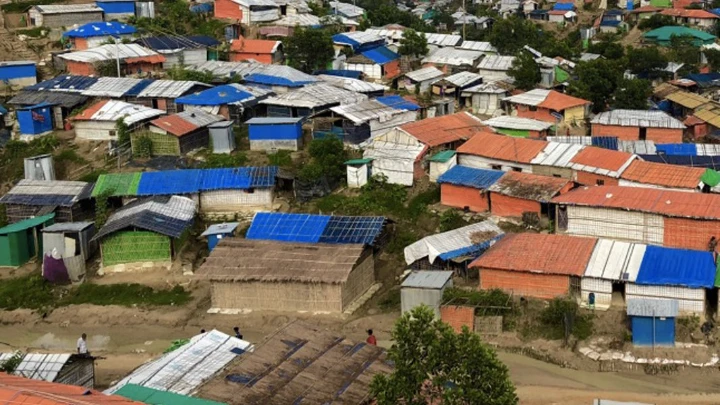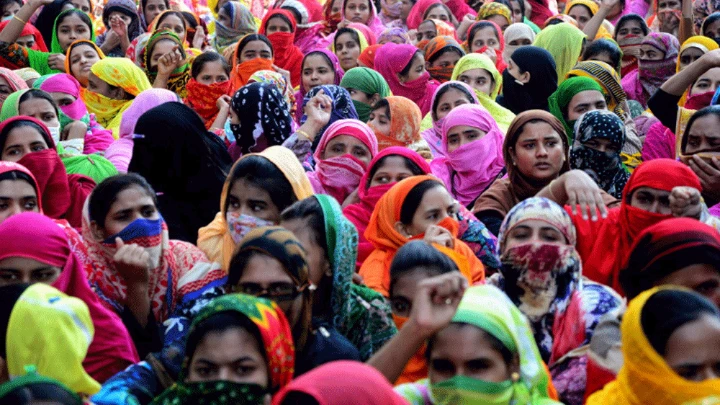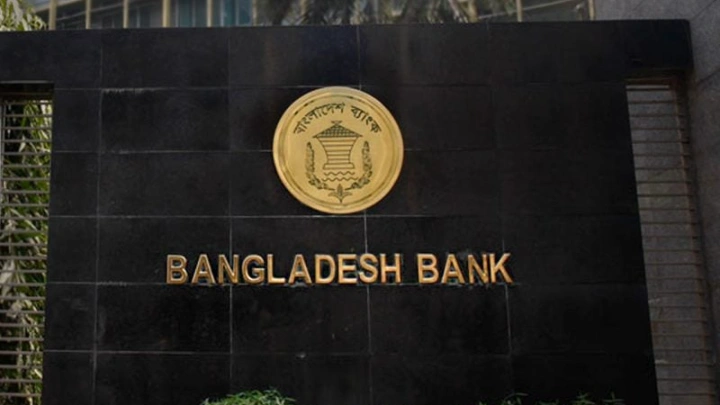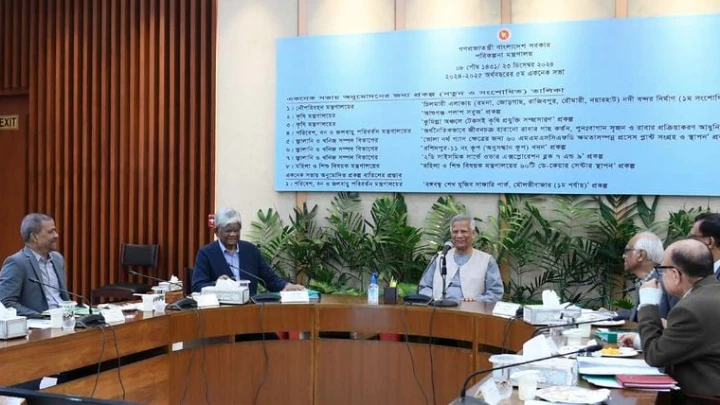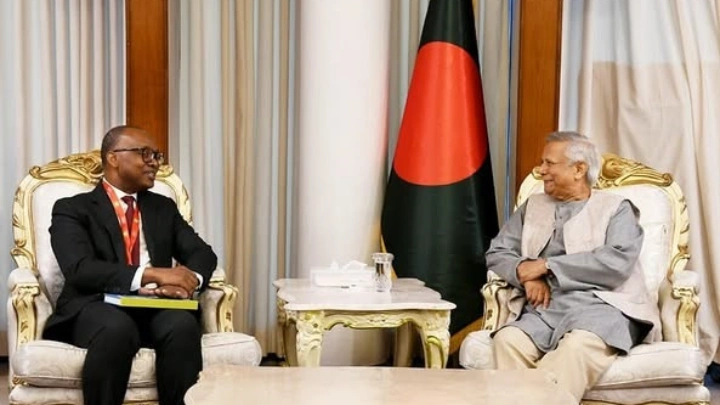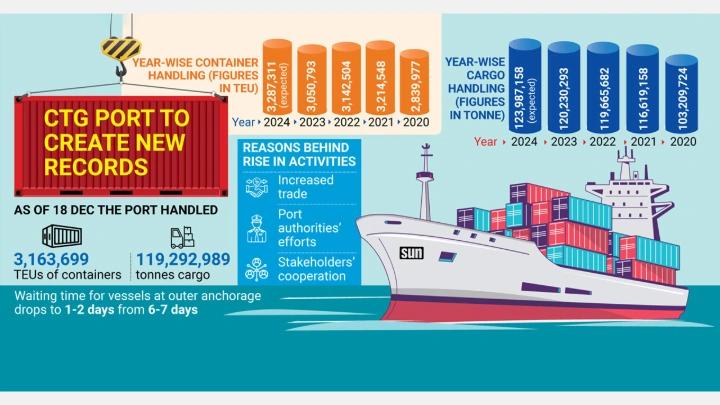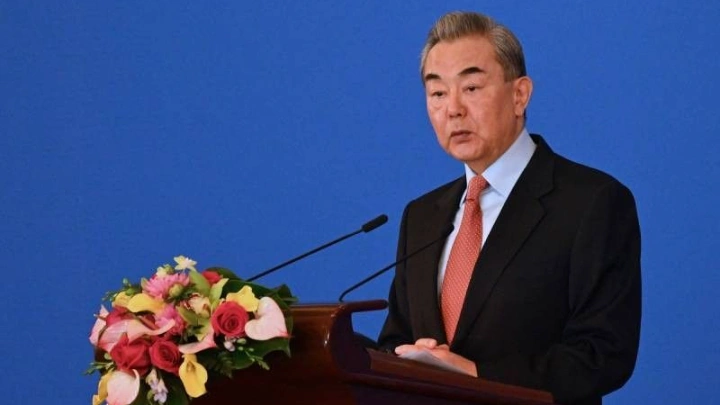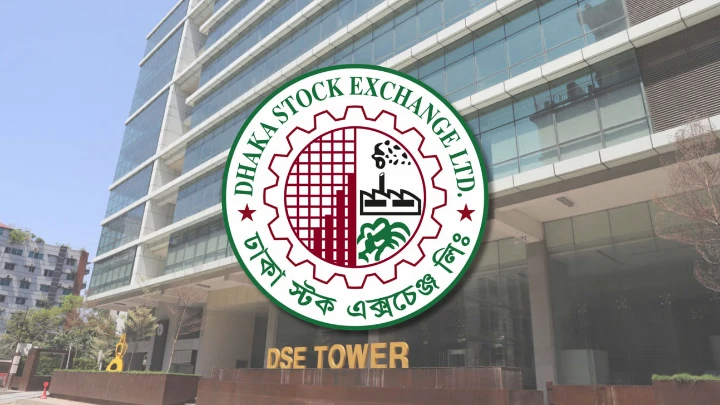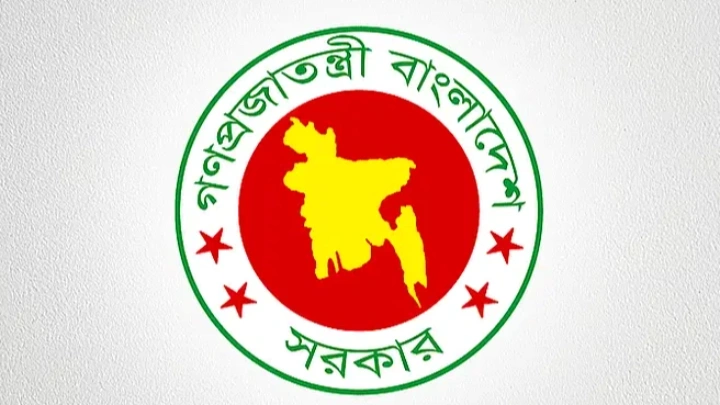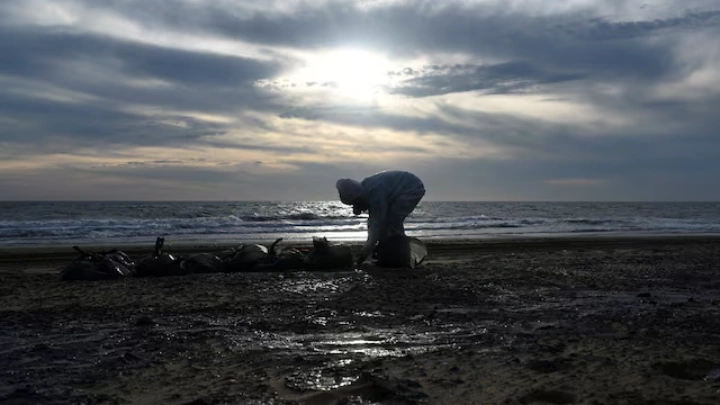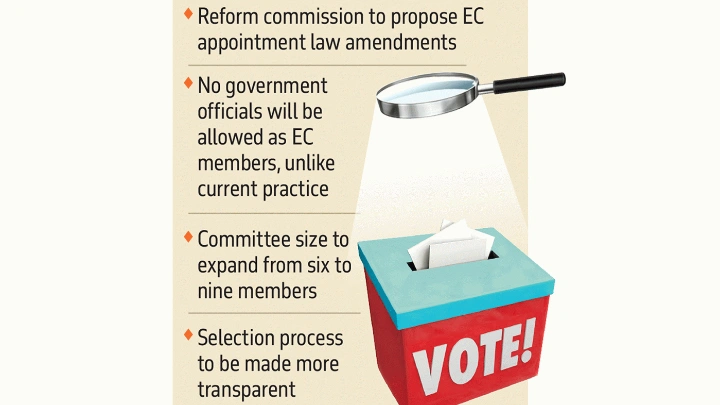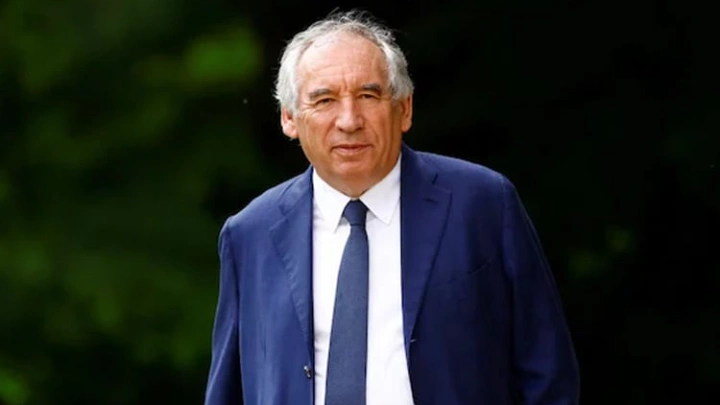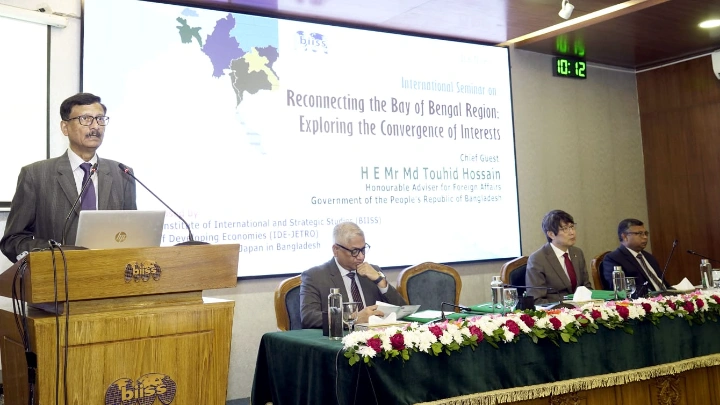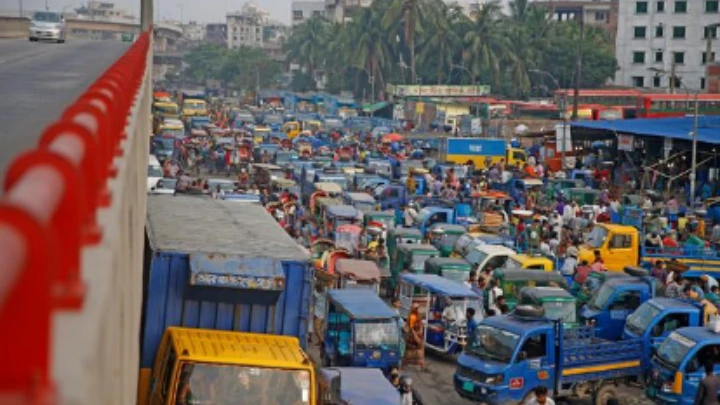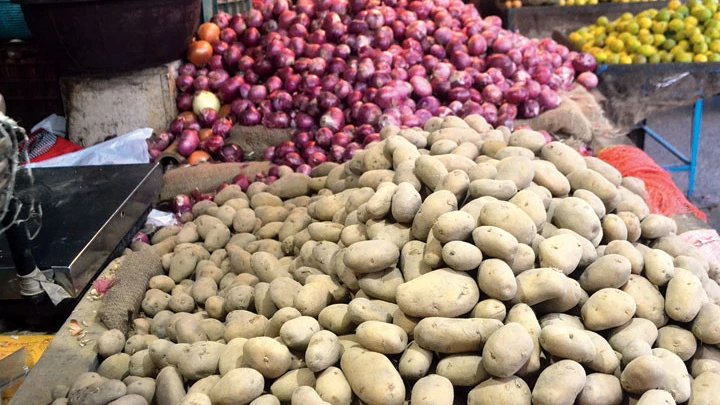UNHCR, partners seek $852.4m to support Rohingyas, host communities
BSS || Shining BD
UNHCR, the UN refugee agency, with other humanitarian partners, called on the international community to redouble efforts to protect and assist the forcibly displaced Rohingyas and their host communities.
Bangladesh is generously hosting nearly a million Rohingyas, most of whom fled Myanmar seven years ago.
The 2024 Joint Response Plan for the Rohingya Humanitarian Crisis is being launched under the leadership of the Bangladeshi authorities. The funding appeal seeks $852.4 million to reach some 1.35 million people, including Rohingyas and host communities, a UNHCR press release said.
The plan and related financial needs is being presented to donors in Geneva by Ambassador Masud Bin Momen, Foreign Secretary of Bangladesh; Mohammad Tofazzel Hossain Miah, Principal Secretary to the Bangladesh Prime Minister; Filippo Grandi, UN High Commissioner for Refugees; and Amy Pope, Director General of the International Organization for Migration.
International solidarity with Bangladesh and refugee protection is needed more than ever as the conflict in Myanmar escalates.
The Joint Response Plan brings together 117 partners, nearly half of them Bangladeshi organizations. It aims to help some 1 million Rohingyas in Cox’s Bazar and on the island of Bhasan Char, and 346,000 from host communities, with food, shelter, health care, access to drinkable water, protection services, education and livelihood opportunities and skills development.
Some 95 per cent of Rohingya households in Bangladesh are vulnerable and remain dependent on humanitarian assistance. Sustained assistance is critically and urgently needed, particularly by women and children, who make up more than 75 per cent of the targeted refugee population, and face heightened risks of abuse, exploitation and gender-based violence. More than half of the refugees in the camps are under 18, languishing amidst limited opportunities for education, skills-building and livelihoods.
The government of Bangladesh, local communities and aid agencies need sustained international support to respond to increasing needs as this humanitarian crisis remains largely out of the international spotlight.
Underfunding in previous years has had serious implications as Rohingya women, children and men -- who fled to Bangladesh to escape violence and persecution in Myanmar -- struggle to meet basic needs and their plight risks slipping into obscurity. Rohingya refugees remain in limbo relying on humanitarian assistance to survive in crowded camps plagued by insecurity and natural disasters.
The international community must continue funding life-saving and life-sustaining assistance to refugees in the camps, investing in education, skills training and livelihood opportunities. This is a lifeline to refugees struggling to meet their basic needs and supplement limited humanitarian assistance. Steps are also needed to ensure pledges made at the Global Refugee Forum in Geneva in December are fulfilled. These included enhancing self-reliance for Rohingya to provide hope and reduce the number of dangerous boat journeys taken.
Shining BD

